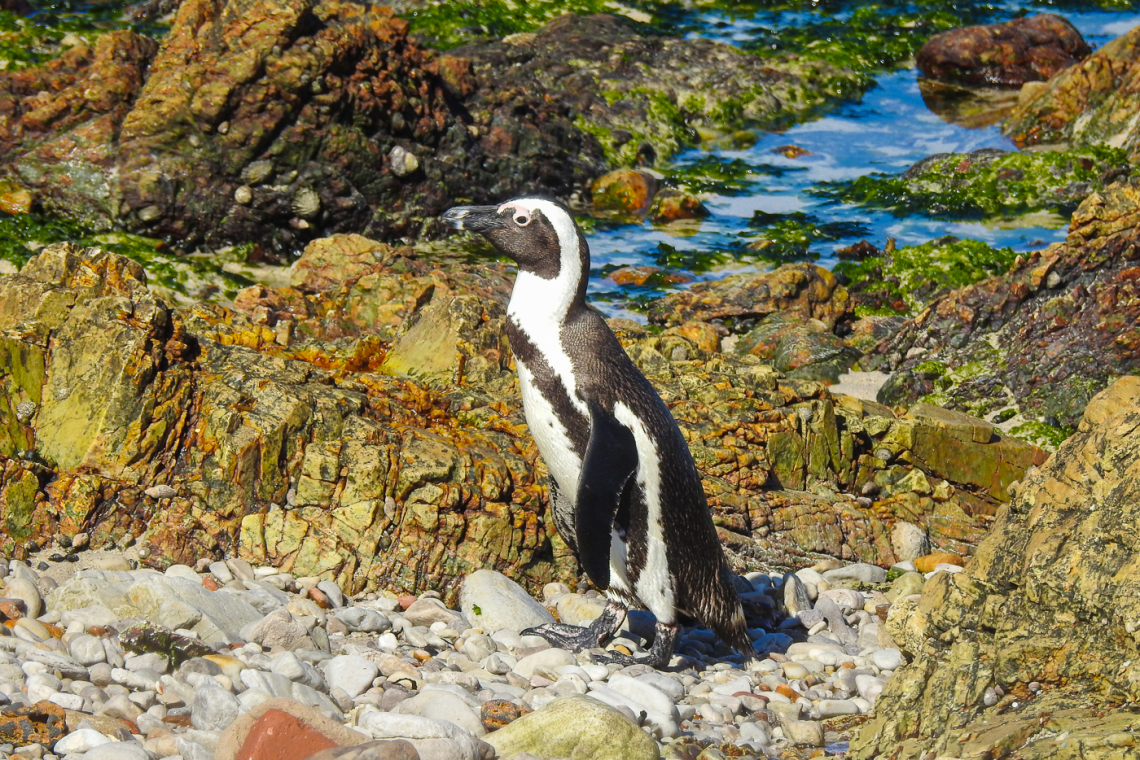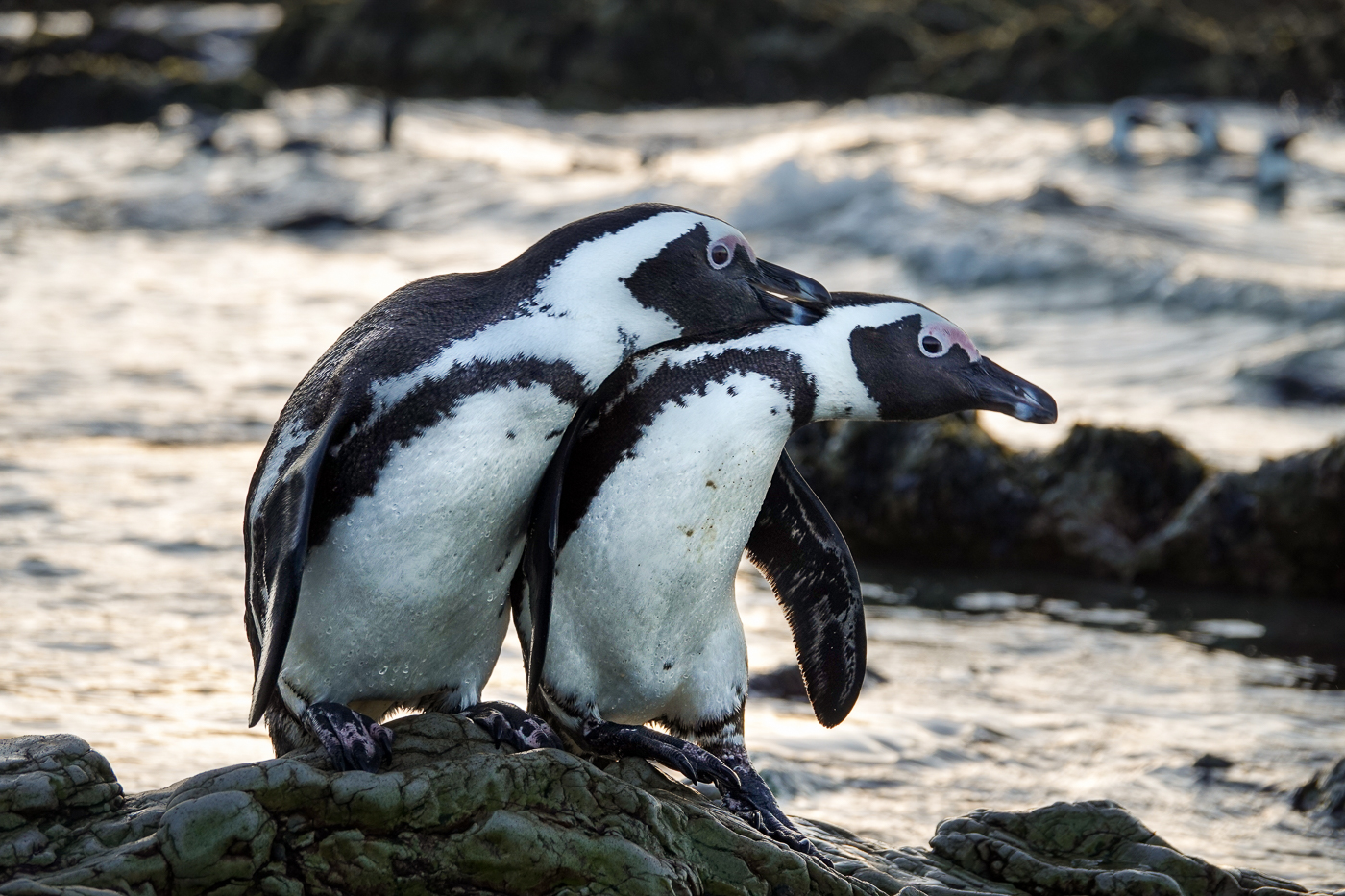
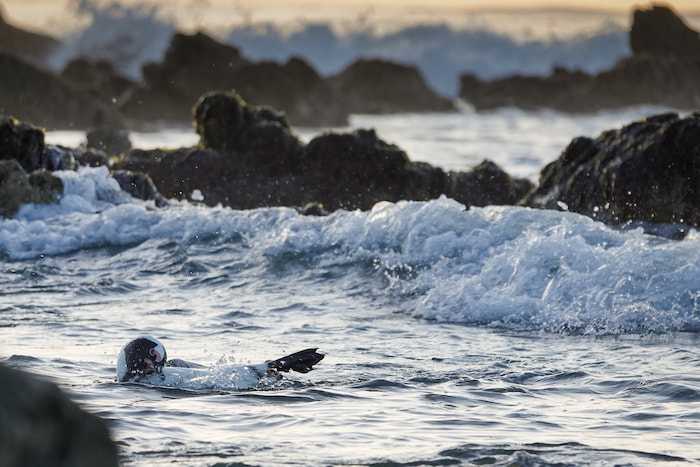
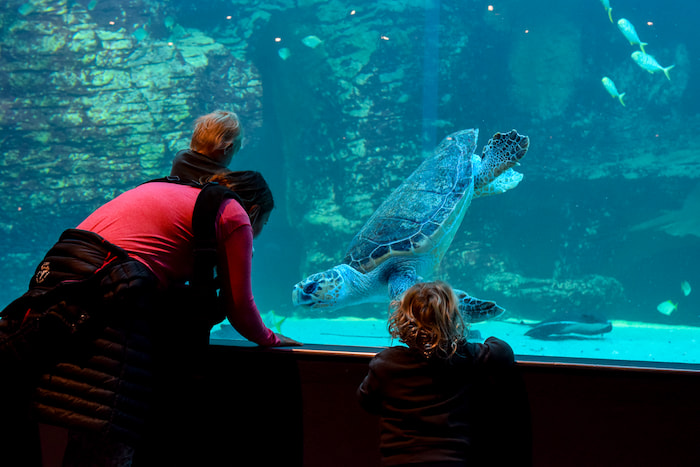
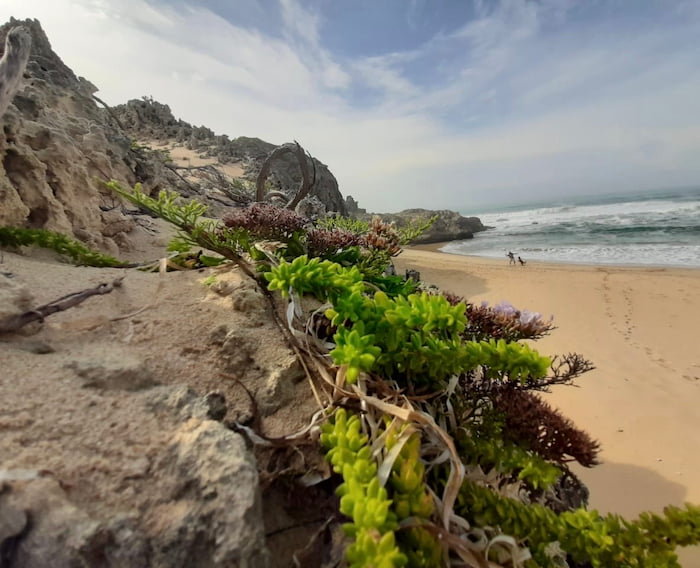
Coral reefs are home to hawksbill turtles, which specialise in eating a handful of species of sponges. This diet allows less common types of sponges to grow, which increases the biodiversity on the reef. Without hawksbills, sponges can overgrow and suffocate slow-growing corals causing them to die. As reefs become more and more threatened by climate change and other impacts, the role of the hawksbill turtle on the reef is even more vital. Green sea turtles primarily eat seagrasses, acting as aquatic lawnmowers, which helps keep seagrass beds healthy. All parts of an ecosystem are important, if you lose one, the rest will eventually follow. For this reason, the oceans must not be looked at for their economic value alone—more marine protected areas (MPAs) should be encouraged and declared.
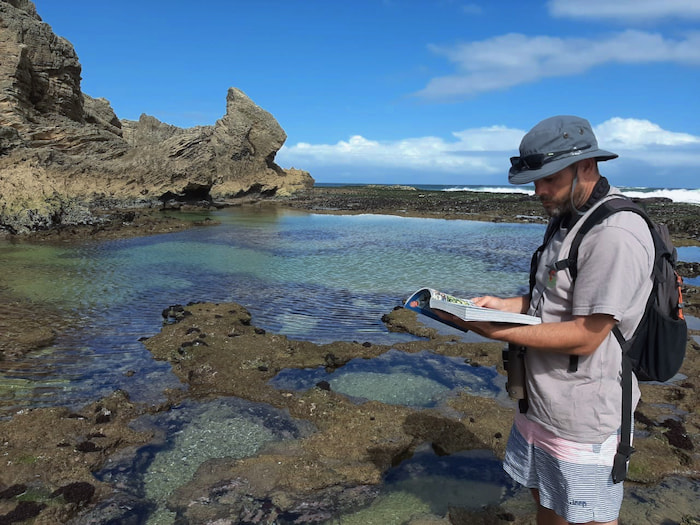
South Africa has a coastline of 3900 kilometres, including the sub-antarctic islands, where there are 42 (5% ocean protection) Marine Protected Areas (MPAs). The MPAs offers protection to spawning and nursery areas of fish, providing areas for resource recovery. Multiple jobs are associated with the marine wildlife economy; tour guiding, scuba diving, shark cage diving, bird/whale watching, etc. Marine Protected Areas can promote local entrepreneurs—local communities can capitalise on opportunities (set up ‘family run’ restaurants, ‘home-stay' type accommodation, craftwork, etc) from the influx of tourists who come to otherwise unknown areas because of their protected status. They create climate resilience areas—healthy shorelines protect and buffer coastal communities and infrastructures from extreme weather and sea-level rise. Furthermore, they are wonderful resources for ‘outdoor classrooms’ and provide learning opportunities for environmental education, natural and cultural heritage, and fisheries management. Research can be carried out within them to help understand what a healthy ecosystem looks like and, can measure impacts of climate change, pressures from fishing, etc.
Marine Protected Areas prove that sustainable management and development can be achieved—benefiting all from the economy, to people, to the environment. However, when authorities created the Marine Protected Areas they did not declare any natural borders but, rather a GPS point on a map. This is a critical error as marine animals have no knowledge of GPS points and, will keep moving within their natural borders making them extremely vulnerable as soon as they move out of the protected area. Immediate action should be implemented to change this, to ensure those found in the MPAs do not get overfished.
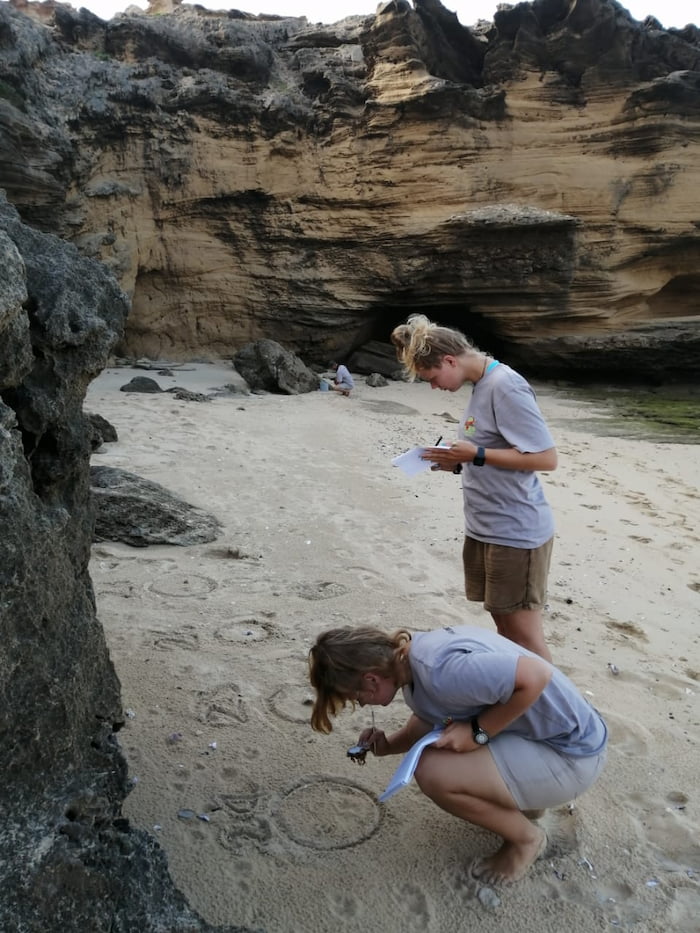
People are, at heart, all environmentalists, once they have sufficient wealth and security to concern themselves with things beyond their immediate survival. But, the lack of importance, awareness and knowledge of conservation crimes, including water pollution, can be expected to continue until South Africa’s society reaches a critical mass of relatively affluent and educated people. Only then will natural resource perturbation acquire a higher status amongst the general population. If you aren’t actively standing up for what is right, you will forever be a part of the problem!
The ocean—one of the most mysterious and diverse places on Earth. Producing 70% of our oxygen, absorbing vast amounts of carbon dioxide and, driving the Earth’s weather systems. Yet still, we seem to have little respect for our oceans, with the state of the oceans reflecting our bad habits. Leave nothing but footprints at the beach, swap single-use plastics for sustainable alternatives, only buy or eat sustainably sourced fish, conserve water, etc…because every single thing we do has an impact on our planet!
So I ask you, are you going to continue to take the ocean for granted?
Shop for a cause
Shop on amazon.com | amazon.co.uk

